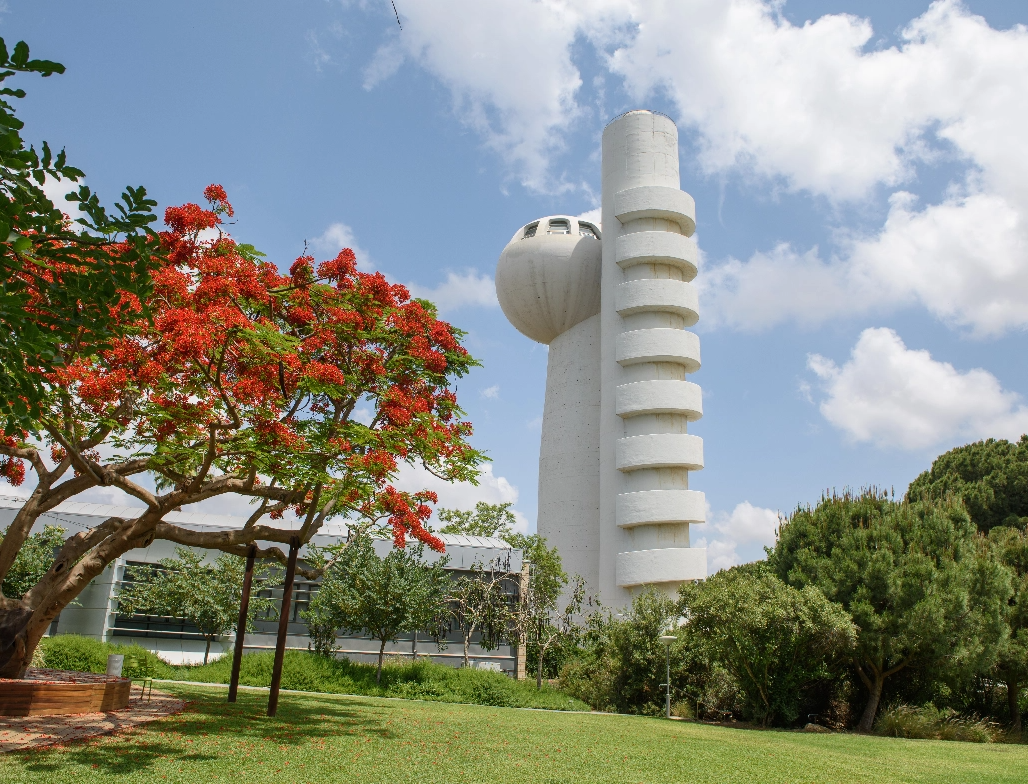Since its establishment in 2012, the Henry Chanoch Krenter Institute for Biomedical Imaging and Genomics has been a driving force in advancing biomedical imaging research at the Weizmann Institute of Science. The Institute serves as a catalyst for innovative research and fosters diverse, interdisciplinary collaborations across the life sciences and chemistry.
The Henry Chanoch Krenter center supports cutting-edge laboratory research, acquisition of state-of-the-art equipment, and funding for student and staff travel, as well as scientific exchange programs. By promoting collaborative projects at the interface of bioimaging and genomics, the Institute empowers Weizmann scientists to pursue a central mission: to elucidate the complex mechanisms underlying a wide range of human diseases.
One of the Institute’s key goals is to strengthen ties between Weizmann researchers and leading scientific institutions worldwide. To achieve this, the Institute actively promotes participation in international meetings and workshops, enabling students and staff scientists to engage with the global scientific community.
We believe that science knows no borders, and we are committed to supporting collaborations that transcend disciplines, institutions, and countries.
Director

Prof. Neta Regev-Rudzki
Department of Biomolecular Sciences
Prof. Neta Regev-Rudzki, from the Department of Biomolecular Sciences at the Weizmann Institute of Science in Israel, leads a lab dedicated to studying the biology of Plasmodium falciparum-the parasite responsible for the most severe form of malaria.
Prof. Regev-Rudzki earned her BSc in Chemistry and MSc in Biochemistry and Genetics (2002) from the Hebrew University of Jerusalem. She completed her PhD in 2009 at the Hadassah Medical School, focusing on mitochondrial transport in a yeast model. Following postdoctoral training in malaria, at the Walter and Eliza Hall Institute (WEHI) in Melbourne, Australia, she established her lab in 2015.
Her groundbreaking research focuses on the communication mechanisms of the malaria parasite, particularly through the secretion of extracellular vesicles (EVs). Her lab investigates the roles of EV cargo components, including proteins, RNA, and DNA. By exploring these cellular communication mechanisms, her research has revealed how the parasite interacts with various host systems, providing insights that could open new therapeutic avenues in the battle against malaria.
Weizmann Institute of Science
The Weizmann Institute of Science in Rehovot, Israel, is one of the world's top-ranking multidisciplinary research institutions. Noted for its wide-ranging exploration of the natural and exact sciences, the Institute is home to 3,700 scientists, students, technicians, and supporting staff. The Institute's research efforts include searching for new ways of fighting disease and hunger, examining leading questions in mathematics and computer science, probing the physics of matter and the universe, creating novel materials and developing new strategies for protecting the environment.

